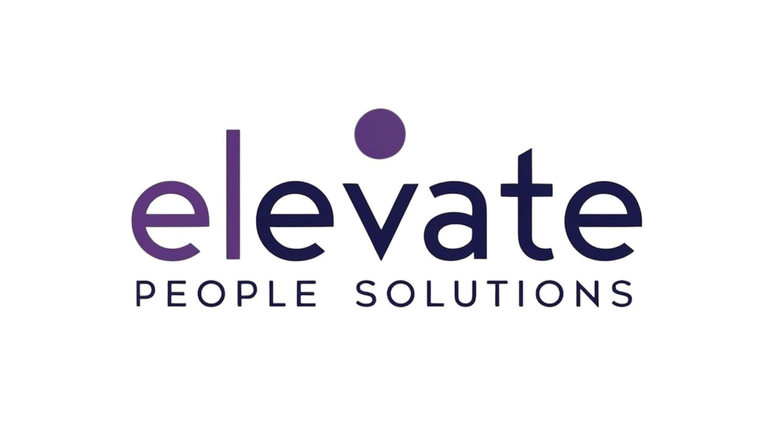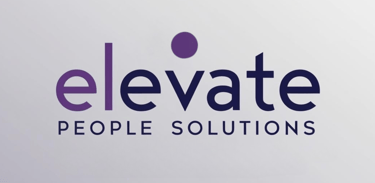Our team is small, we don’t need HR yet
When and why growing businesses need to start thinking about HR
Bojana Milosevic
5/7/20252 min read


If you’re growing a business, you’ve probably heard or even thought of this before.
Truth is that the stage when you start growing your business and your team is the one where HR can make the biggest difference. This doesn’t mean corporate handbooks and rigid policies, but smart, lightweight, human-centered systems that help your team and your business grow. It’s about building a people strategy that supports growth, clarity, and sustainability.
In smaller teams, every person, decision, and mistake matter more — not less. That is why the right HR approach is not just relevant in this stage, but essential:
1. In a Small Team, Every Hire Is Business-Critical
Right HR approach helps you hire smart, onboard effectively, and build roles that match business needs — instead just filling vacancies fast.
2. Culture Is Not Optional
Your company already has a culture — the question is whether it’s intentional. HR helps shape a culture that supports performance, alignment, and values from your “day one”. You don’t wait until 150 people to build trust and clarity.
3. Avoiding Legal Traps
HR ensures your employee docs and processes are built meticulously from day one and aligned with legal and best practice, so you don’t learn about legal fees and lawsuits the hard way.
4. Structure Supports Agility
Small and growing teams equals dynamics and speed. Without direction, speed might lead to burnout. HR helps set up clear role expectations, goal setting, feedback loops, and performance systems to keep up your team motivation — without turning this into some complex process.
5. Retention Is Cheaper Than Recruitment
Replacing people equals losing time, money, and often morale. A good HR strategy helps you retain top talent through growth, feedback, and recognition — things many young organizations overlook until they are faced with an existing problem that needs solving.
6. Supporting New Managers
It is a great advantage for teams in the growth phase that there are so many opportunities for internal promotions and career growth. Thing to have in mind though is that those top performers that you promote to managers often struggle with:
Giving feedback
Resolving conflict
Leading former peers
They need support and development, or you risk creating a layer of ineffective management.
7. Investors Look at Teams, Too
Strong HR signals maturity. It shows that you care about people, risks, and systems — not just code and sales. That gives investors confidence you can scale in the future.
In any small or medium sized organization - people are everything.
If you're building a team and think HR is something for "later," we challenge you to think again.


